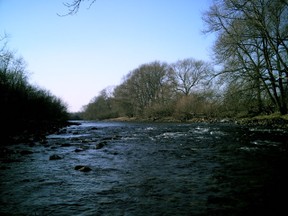 In around 600 CE, the kingdom of Gododdin was being threatened by invaders. A massive army of Celts amassed to try and repel the Angles of Deira and Bernicia.
In around 600 CE, the kingdom of Gododdin was being threatened by invaders. A massive army of Celts amassed to try and repel the Angles of Deira and Bernicia.
The two sides met at the Battle of Catraeth, which is probably modern day Catterick in Yorkshire.
It was a decisive clash, from which the Germanic forces emerged victorious. The territory gained was merged under King Æthelfrith, as Northumbria.
Are you bored yet? Or merely thinking that it sounds a bit like a footnote from Lord of the Rings, without even the saving grace of Orlando Bloom? History will always sound like that, as long as it's a series of bland names, dates and a bit of information.
To really get at the heart of it, you need someone to step inside. You need to see through their eyes; feel as they felt; and know what it was like to really be there. Until we see the humanity, we cannot grasp the history.
Fortunately for us, if not himself, Aneirin was there. He was only one of four Celtic survivors and he witnessed it all. It was his friends who were being slaughtered on the battlefield. It was his hands and knees, which were being chafed under freezing cold iron cuffs.
He was so scared. He was also in shock, because he was just a bard and he should have been safe. He was bleeding. The enemy had attacked him, while he was playing a sacred song. Aneirin couldn't even begin to get his head around that one.
'My friend in real distress, we should have been by none disturbed..' Aneirin told us. Later, his testimony is so stunned, that he refers to himself in the third person, trying to distance himself from his recollection. 'Gwaws, the defenseless, the delight of the bulwark of battle, was slain. His scream was inseparable from Aneirin.'
He's also terrified about what this defeat will mean for his girlfriend back home. There's no-one between her and the bloodthirsty Angles now. Aneirin just wants to run away and be there for her, 'I am anxious about the maid - The maid that is in Arddeg.'
I defy anyone to read Y Gododdin without wanting to help him. As he passes from the numb reciting of his friends' names, through fear, shock, anxiety, defiance and surrender, every word still rings. This really happened to someone, who is still in deep physical, mental and emotional pain, as he tells his story.
At the moment when you want to rush in and save him, it doesn't matter that it happened 1,400 years ago. It's as vital and real as your emotions right now. History has come alive.
'The men went to Gododdin with laughter.' He recalled, then later wept, 'I could wish to have been the first to fall in Catraeth.'
As for relevance to today, you are reading this in English. Don't you think it might have been in Welsh, had the Celts won that day? Cymru am byth? Or, as Aneirin put it, 'When all fell, thou didst also fall.'
It's as great a testimony as any that the people in the past were as living, breathing and emotional, as we are right now.


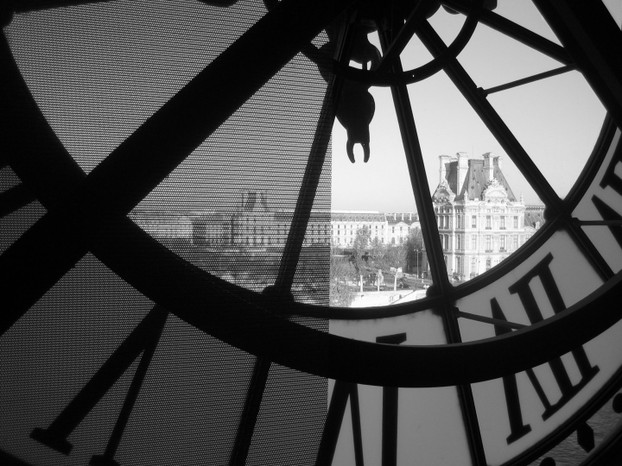
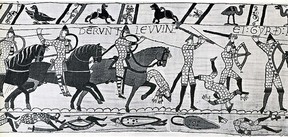 History can be so vast, so incomprehensibly epic, that it's difficult to pin it all down.
History can be so vast, so incomprehensibly epic, that it's difficult to pin it all down.


 In around 600 CE, the kingdom of Gododdin was being threatened by invaders. A massive army of Celts amassed to try and repel the Angles of Deira and Bernicia.
In around 600 CE, the kingdom of Gododdin was being threatened by invaders. A massive army of Celts amassed to try and repel the Angles of Deira and Bernicia.




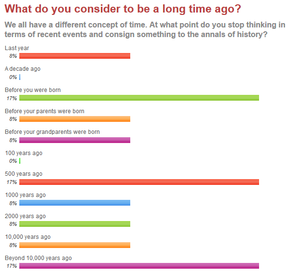 Out of a possible eleven options, none of them was greatly favored over the others. Votes were scattered across them all. Even those nosing ahead only achieved 17% of the overall tally and had to share that with two others.
Out of a possible eleven options, none of them was greatly favored over the others. Votes were scattered across them all. Even those nosing ahead only achieved 17% of the overall tally and had to share that with two others.
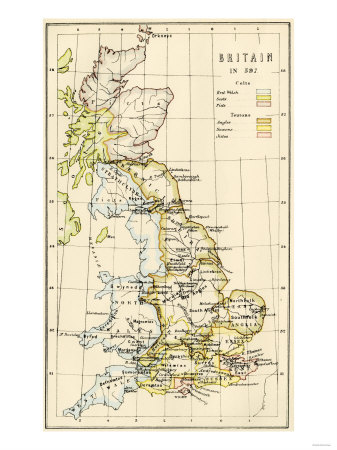
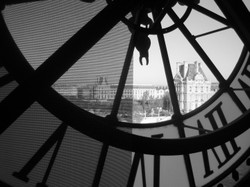

 St Tydecho's Churches in West Waleson 09/03/2014
St Tydecho's Churches in West Waleson 09/03/2014
 Goodies for an Outlander Premiere Partyon 03/06/2015
Goodies for an Outlander Premiere Partyon 03/06/2015
 Holocaust Memorial Day Interview with Rainer Höss, Grandson of Rudolf Architect of Auschwitzon 01/24/2015
Holocaust Memorial Day Interview with Rainer Höss, Grandson of Rudolf Architect of Auschwitzon 01/24/2015
 Romantic Valentine Gifts for an Outlander Fanon 01/16/2015
Romantic Valentine Gifts for an Outlander Fanon 01/16/2015

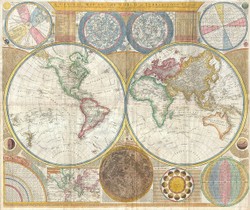

Comments
You too? Culloden is the only place from where I have literally fled. I had to go into the gift shop and look at plastic tourist crap, just to ground myself a lot. It's not a happy place.
But yes, seeing the history in a landscape or a building is where it's at. I'm with you on this one. Absolutely 100%.
Some people manage to live without bothering with history, but I [and you, Jo] live and breathe it. I cannot help but see a place in historical terms, and it gives depths to my perception. When walking through a landscape I read the history written in it. Sometimes this can be difficult, because when I visited Culloden Moor I knew and felt too much to feel good.
Awwww! Thank you very much. :)
Nice lady! When it comes to history nobody does it better than you.
Precisely! Mind you, I tend to look at all history as a series of biographies. In Welsh, we call history 'hanes', which translates as 'stories'. :)
Love it, love it!! That's why I love biographies. I guess you can't separate them out from history.
I love finding old graffiti, though the example that you found was particularly sad. In Shakespeare's house, in Stratford-upon-Avon, there is graffiti on the wall dating back as far as the 17th century. There's perspex protecting it now!
Thank you very much. :D